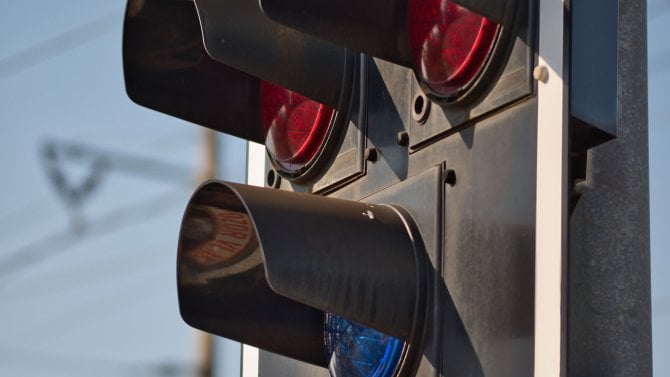...
By Alan Crosby
The new Czech government has set fiscal and tax reforms as its priority but its weak grip in parliament is likely to hamper changes as it tries to get back on track to adopt the euro.
Finance Minister Miroslav Kalousek said this week he will present proposals for changes to the tax system, and public finances in general, by late March or early April saying "reforms of mandatory spending are a priority".
But after fighting for more than seven months to cobble together a coalition government to win a confidence vote in parliament earlier this month, Prime Minister Mirek Topolanek's centre-right administration can only rely on 100 votes in the 200-seat lower house.
Analysts said the political battles fought after an inconclusive June general between Topolanek and leftist leader Jiri Paroubek make it unlikely the two sides can achieve a broad agreement on lowering taxes and trimming social spending.
"The strength of the government is key," said Ales Michl, an analyst with Raiffeisenbank. "Will reforms go with a basic, broad political consensus, or will cabinet be inclined to pursue possible (individual) deputies in parliament."
Topolanek secured one-off support from two rebel leftists to win the confidence vote. However, neither has pledged further backing, saying their move was made only to end the political crisis caused by having no government for over half a year.
FLAT TAX?
Kalousek said the government plans a flat income tax of between 17 and 19 percent while introducing a number of deductions and tax relief measures to help poorer Czechs.
He also wants to raise the lower of the country's two value-added tax rates -- the lower rate is for basic foodstuffs, housing and drugs -- from 5 percent to 7 or 9 percent.
"One of the options is to make tax relief more dependent on income," he said adding that changes to sickness and welfare payments made by the state to workers could bring over 30 billion crowns ($1.37 billion) in savings to the 2008 state budget, or about 1 percent of gross domestic product (GDP).
But Paroubek's Social Democrats and the Communist Party are both strongly against any type of flat tax regime saying it benefits mainly wealthier Czechs.
Cutting the deficit is key for the country to get back on track to adopt the euro.
Despite a booming economy, public spending cuts failed to materialise as politicians in 2006 worried more about re-election than economic reality.
In the autumn, officials scrapped the country's 2010 euro adoption target date because of the fiscal gap, mirroring similar delays in other new EU member states, which have been caused mostly by loose fiscal policies and inflation.
The Czech Finance Ministry said on Wednesday it expects the public sector gap to grow to 4.1 percent of GDP this year from 3.6 in 2006, far above the 3 percent limit for euro adoption.
"The disadvantage of the starting position for reforms is not only the distribution of power in parliament, but also there's no sense of urgency for these reforms in society," said Pavel Sobisek, chief economist at HVB bank in Prague.
[PRAGUE/Reuters/Finance.cz]




 Test Volkswagen Caravelle Long 2.0 TDI 4Motion: Mikrobus do nepohody
Test Volkswagen Caravelle Long 2.0 TDI 4Motion: Mikrobus do nepohody
 Malý náklaďáček mnoha jmen: Škoda/Aero/Praga (A) 150 byla nedoceněným československým dříčem
Malý náklaďáček mnoha jmen: Škoda/Aero/Praga (A) 150 byla nedoceněným československým dříčem
 Řidička uvízla na železničním přejezdu, rychlík ji minul jen o kousek
Řidička uvízla na železničním přejezdu, rychlík ji minul jen o kousek
 Brzdná dráha delší až o deset metrů. Hlavně levné pneumatiky z východní Asie jsou pro řidiče rizikové
Brzdná dráha delší až o deset metrů. Hlavně levné pneumatiky z východní Asie jsou pro řidiče rizikové
 Test Renault Symbioz: S novým hybridem jezdí svižně a se spotřebou legendárního té-dé-íčka
Test Renault Symbioz: S novým hybridem jezdí svižně a se spotřebou legendárního té-dé-íčka
